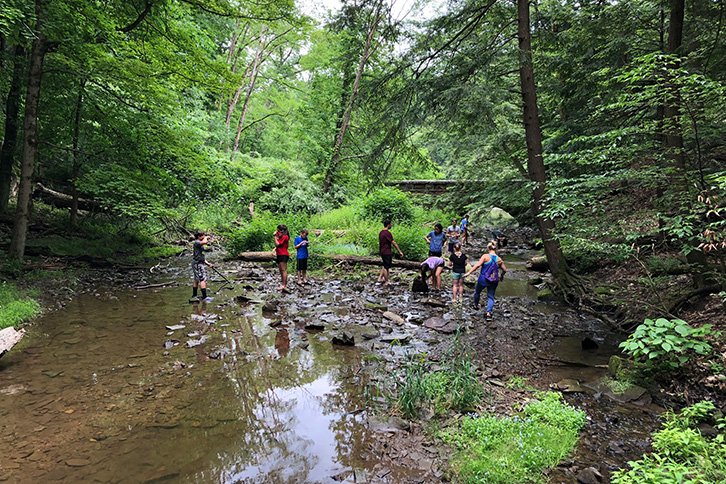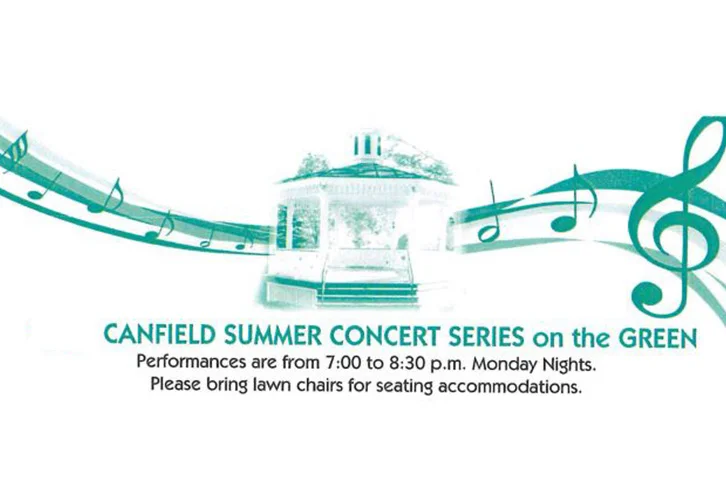
Thanksgiving Day

Thanksgiving Day is observed each year in the United States on the fourth Thursday in November. The observance is a time when families and friends gather and give thanks for many reasons, each often as different as each person who gathers around the table.
#ThanksgivingDay
In 1621, the Plymouth colonists and Wampanoag Indians shared an autumn harvest feast that many acknowledge today as one of the first Thanksgiving celebrations in the colonies. For more than two centuries, days of thanksgiving were celebrated by individual colonies and states. However, it wasn’t until 1863, amid the Civil War, that President Abraham Lincoln proclaimed a national Thanksgiving Day to be held each November.
HOW TO OBSERVE THANKSGIVING DAY
In many American households, the Thanksgiving celebration has lost much of its original religious significance; instead, it now centers on cooking and sharing a bountiful meal with family and friends. The pilgrims may not have even served turkey that fateful day in 1621. Today, however, the bird is so ubiquitous, it has become synonymous with the holiday. In fact, nearly 90 percent of Americans eat the bird—whether roasted, baked or deep-fried—on Thanksgiving, according to the National Turkey Federation. Other traditional foods include stuffing, mashed potatoes, cranberry sauce, and pumpkin pie. Another common Thanksgiving tradition is volunteering to ensure everyone has a meal on the big day. Some communities often host food drives and free dinners for the less fortunate.
Parades are also an integral part of the holiday. Presented by Macy’s department store since 1924, New York City’s Thanksgiving Day parade is the largest and most famous, attracting some 2 to 3 million spectators along its 2.5-mile route and drawing an enormous television audience. It typically features marching bands, performers, elaborate floats conveying various celebrities and giant balloons shaped like cartoon characters.
Beginning in the mid-20th century and perhaps even earlier, the President of the United States has “pardoned” one or two Thanksgiving turkeys each year. sparing the birds from slaughter and sending them to a farm for retirement. Several U.S. governors also perform the annual turkey pardoning ritual, too.
Share your Thanksgiving traditions by using #ThanksgivingDay to post on social media.
HealthyLiving: Healthy Traditional Thanksgiving Recipes for the Family
Do you need some tricks to help make Thanksgiving run more smoothly? Well, these 7 Thanksgiving Tips will help get everything ready, right on time!
THANKSGIVING DAY HISTORY
Plymouth
In September 1620, a small ship called the Mayflower left Plymouth, England. The ship carried 102 passengers—an assortment of religious separatists seeking a new home where they could freely practice their faith and other individuals lured by the promise of prosperity and land ownership in the New World. After a treacherous and uncomfortable crossing that lasted 66 days, they dropped anchor near the tip of Cape Cod, far north of their intended destination at the mouth of the Hudson River. One month later, the Mayflower crossed Massachusetts Bay. Here, the Pilgrims, as they are now commonly known, began the work of establishing a village at Plymouth.
Throughout that first brutal winter, most of the colonists remained on board the ship. They suffered from exposure, scurvy, and outbreaks of contagious disease. Only half of the Mayflower’s original passengers and crew lived. When the remaining settlers moved ashore in March, they received an astonishing visit. An Abenaki Indian greeted them in English. Several days later, he returned with another Native American named Squanto.
Squanto, a member of the Pawtuxet tribe, had been kidnapped by an English sea captain and sold into slavery before escaping to London and returning to his homeland on an exploratory expedition. Squanto taught the Pilgrims, weakened by malnutrition and illness, how to cultivate corn, extract sap from maple trees, catch fish in the rivers and avoid poisonous plants. He also helped the settlers forge an alliance with the Wampanoag, a local tribe. The alliance would endure for more than 50 years. Tragically, it remains one of the sole examples of harmony between European colonists and Native Americans.
E122: “Giving Tuesday,” The Season of Giving is Upon Us. Profiling some of the great non-profits in the Mahoning Valley
First Thanksgiving
In November 1621, after the first successful corn harvest, Governor William Bradford organized a celebratory feast. He invited a group of the fledgling colony’s Native American allies, including the Wampanoag chief Massasoit. The event is remembered as America’s “first Thanksgiving. However, the Pilgrims likely never used the term to describe the day. The festival lasted three days.
While no record exists of the historic banquet’s menu, the Pilgrim chronicler Edward Winslow wrote in his journal that Governor Bradford sent four men on a “fowling” mission in preparation for the event and that the Wampanoag guests arrived bearing five deer. Historians suggest that many of the dishes likely used traditional Native American spices and cooking methods. Because the Pilgrims had no oven and the Mayflower’s sugar supply had dwindled by the fall of 1621, the meal did not feature sweets. In other words, no pies, cakes or other desserts graced the table, even though they have become a hallmark of contemporary celebrations.



